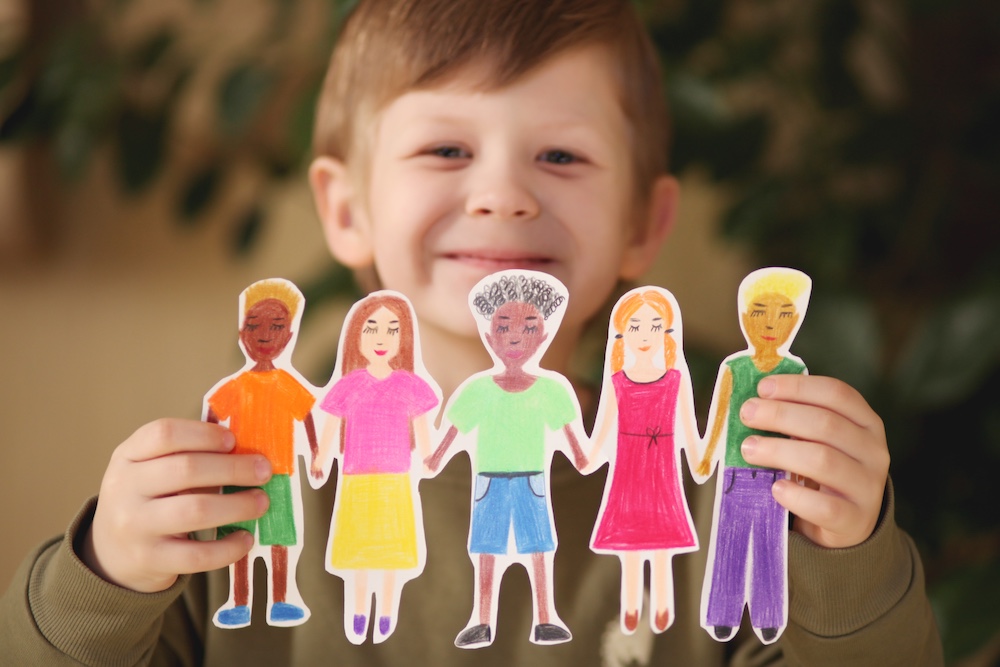Recognizing when your child may benefit from play therapy is essential for supporting their emotional and psychological development. Play therapy utilizes the natural medium of play to help children express feelings, process experiences, and develop coping strategies. Identifying signs that indicate the need for such intervention can lead to timely support and improved well-being.All For Kids+1Mindful Health Solutions+1
Understanding Play Therapy
Play therapy is a therapeutic approach that leverages play to help children communicate their emotions and experiences. Through play, therapists observe and gain insights into a child's challenges, facilitating the development of adaptive behaviors and coping mechanisms. This method is particularly effective for children who may struggle to articulate their thoughts and feelings verbally. Healthline+1A4PT+1
Signs Your Child May Benefit from Play Therapy
- Behavioral Changes: Notable shifts in behavior, such as increased aggression, defiance, or withdrawal, can signal underlying emotional distress. These changes may manifest both at home and in school settings.
- Emotional Difficulties: Persistent feelings of sadness, excessive worry, or mood swings that last for more than two weeks may indicate anxiety or depression. Children might also exhibit low self-esteem or heightened sensitivity.
- Academic Struggles: A sudden decline in academic performance or a lack of interest in school activities can be a response to emotional challenges. These issues might stem from concentration difficulties or diminished motivation.
- Social Withdrawal: Avoidance of social interactions, loss of interest in previously enjoyed activities, or isolation from peers and family members can be indicative of emotional distress.
- Regressive Behaviors: Behaviors such as bedwetting, clinginess, or temper tantrums that are not typical for the child's developmental stage may emerge, especially following significant life changes. All For Kids
- Traumatic Experiences: Exposure to events like divorce, loss of a loved one, or accidents can lead to emotional turmoil. Children may struggle to process these experiences, resulting in behavioral or emotional symptoms.
- Difficulty Adjusting to Changes: Challenges in adapting to transitions such as moving to a new home or changing schools can cause stress and anxiety, affecting a child's overall well-being.
Benefits of Play Therapy
Engaging in play therapy offers numerous advantages:
- Emotional Expression: Children learn to articulate their feelings in a safe environment.
- Behavioral Improvement: Therapy helps in developing appropriate behaviors and self-control.
- Enhanced Coping Skills: Children acquire strategies to manage stress and navigate challenges effectively.
- Improved Social Skills: Therapy fosters better interaction and communication with peers and adults.
Taking the Next Step
If you observe any of these signs in your child, consulting with a licensed mental health professional experienced in play therapy is advisable. Early intervention can address emotional and behavioral concerns, promoting healthier development and well-being.
